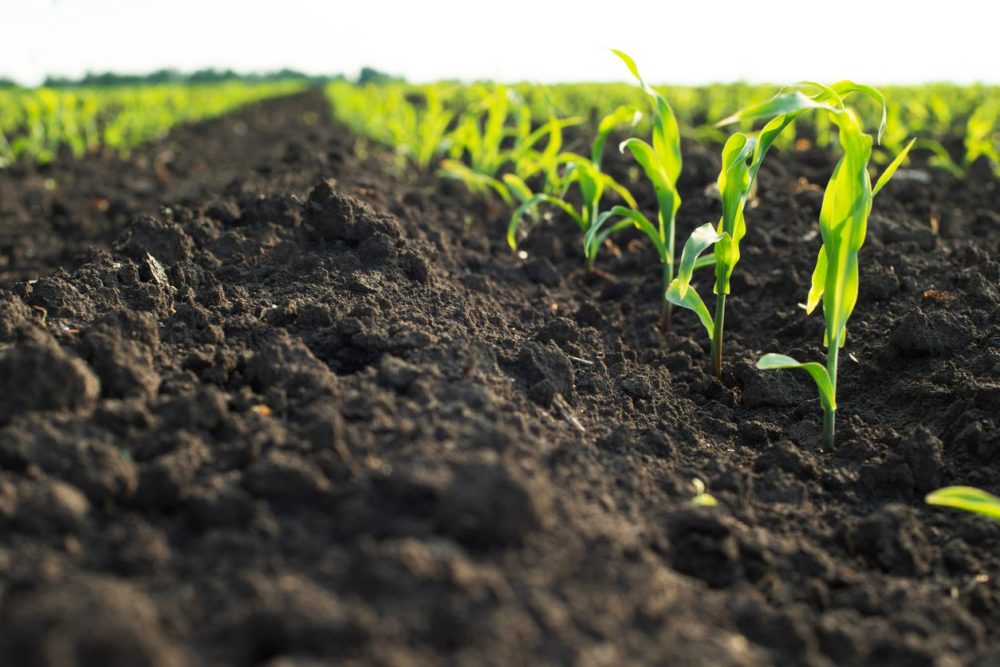US biofertilizer company Anuvia Plant Nutrients has packed a lot of milestones into a short period of time, its latest being a $65.5 million Series D fundraise co-led by Riverstone Holdings and Piva Capital.
Morgan Stanley Investment Management and LK Advisers, the family office of the Mittal steel magnate dynasty, participated along with existing investor Pontifax AgTech.
The round follows Anuvia’s $103 million Series C raise from last year.
“We’ve become a sustainable tool that can really help drive large-scale agriculture, and we can do it in a really quick and efficient way in terms of adoption curves,” Anuvia CEO Amy Yoder told AFN.
On background:
Florida-based Anuvia manufacturers biofertilizer for the agriculture, turf, and lawncare industries. The company says its ag-specific product SymTRX can improve crop yields for large-scale farming operations while replenishing soil and reducing greenhouse gas (GHG) emissions.
- Anuvia’s technology breaks organic waste materials down into amino acids and peptides combined with nutrients to feed plants and the soil. The process is similar to what occurs in the soil naturally – just sped up to increase efficiency and nutrient uptake in agricultural settings.
- SymTRX, which currently targets corn, soybeans, wheat, canola, and sugar beet, is already available commercially in the US. Anuvia aims to have it on 20 million acres by 2025.
- The company struck a deal with phosphate-mining company Mosaic in 2019 to use the latter’s Plant City, Florida facility for manufacturing. It has the capacity to put out up to 1.2 million tons per year, which would service more than those 20 million acres that Anuvia’s targeting.
- It has also partnered with biologicals company Novozymes to develop “a pipeline [of] different products” aimed at reducing the agricultural sector’s need for synthetic fertilizers, Yoder said.
- An audit conducted by consultants Environmental Resources Management found that for every 1 million acres of crops that use Anuvia’s products, the GHG reduction is equivalent to removing up to 30,000 cars from the roads.
How it’ll spend the funding:
Anuvia plans to increase capacity at its US manufacturing facility and accelerate commercialization of SymTRX.
- Via the aforementioned deal with Mosaic, Anuvia will increase manufacturing in Plant City in order to produce more of its product in North America.
- Anuvia will also research potential new products, such as biopesticides and biofungicides.
- While North America is the focus market for now, Yoder said says Anuvia also has “some global initiatives.” Details on those partnerships are still under wraps.
The bigger picture:
Yoder suggested that farmers are “much more receptive than they would have been five years ago” to biofertilizers and other bio-based inputs, for a few different reasons:
- Continued supply chain disruptions and congestion have caused input shortages around the world and and sent global fertilizer prices skyrocketing to record highs. According to estimates, farmers were paying 165% more for fertilizer at the end of 2021 than they were in 2020.
- The Russian invasion of Ukraine has added to the fertilizer shortage and sent prices further upwards, with some more than doubling in price.
- Downstream, consumers want more visibility about the sustainability of the food they buy. “Food companies are getting pressure from their consumers, and ultimately, those consumers are also farmers, so they’re kind of thinking about it in a holistic way,” Yoder said.
- Anuvia says these factors have accelerated the acceptance and desire for biofertilizer amongst farmers. In the case of its own products, farmers can integrate them into existing operations without having to add more steps to the process. “Being able to have something that’s domestically produced, where they’re less reliant on a fragile supply chain is very interesting to [farmers], so they’ve been incredibly receptive,” Yoder said.
- Underscoring this, startups developing biological inputs for crops raised just over $892 million in funding worldwide in 2021, well over double their total for the previous year.





